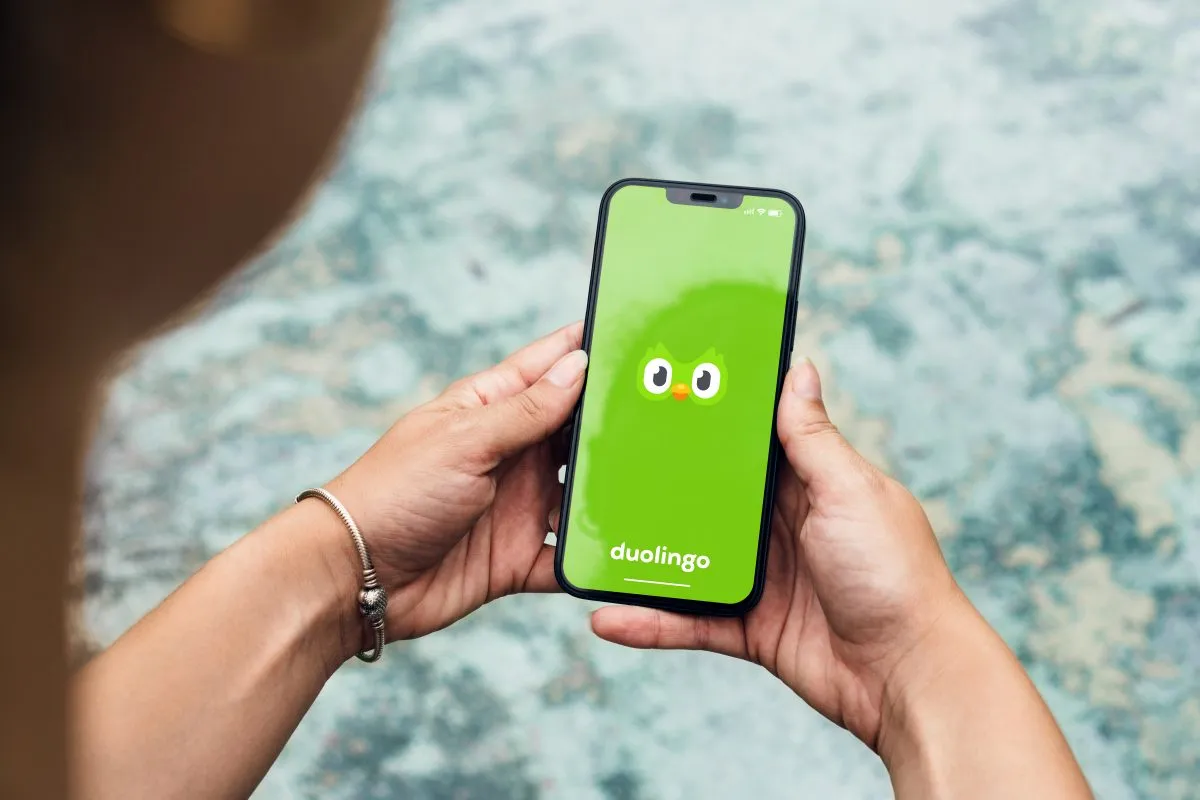With Africa’s population set to double by 2050, its immense market potential should attract investors and marketing professionals with a heightened awareness of the need to understand and engage with local languages.
Africa’s online learning platform industry is projected to reach $380m this year, according to Statista, and revenue is expected to grow 12.10% annually to 2027, encouraging a raft of market entrants.
“Despite digital under-representation of African languages, the market has room for numerous players, each playing a crucial role in laying a robust foundation for language learning and cultural appreciation. This dynamic landscape is set to revolutionise the way businesses engage with African audiences, creating a more inclusive and vibrant future,” Mukindi Lambani, CEO of the edtech startup Ambani Africa. This firm utilises augmented reality (AR), animation, and gamification to teach young students seven African languages, while also offering access to online tutors.The rapid advancement of AI tools has led to Silicon Valley giants investing in African languages. In recent years, major technology companies have recognised their value, driven by the increasing demand for localised content and services. Google actively supports Natural Language Processing (NLP) – an AI platform that enables computers to understand, interpret, and generate human language research for African languages, aiming to make online content more accessible and inclusive.
Twelve African languages are available on the Google Translate app on iOS and Android, including Hausa, Yoruba and Igbo, three of West Africa’s most spoken languages. The web browser firm Mozilla has recently incorporated the Twi language into its open-source linguistic repository, Common Voice, which collects input from real-life language speakers.
This initiative aims to improve speech recognition technology and to promote a broader range of local languages on the internet, challenging the dominance of European languages as the main – or sole – online communication method.
“With the emergence of grassroots AI organisations like AfricaNLP and Masakhane, this has also made it more accessible for the big tech giants to access researchers in those communities and build even better tools over time,” Vukosi Marivate, associate professor of computer science at the University of Pretoria in South Africa.As more people speak some of Africa’s 2,000 living languages – roughly a third of all languages spoken in the world – and efforts to preserve this rich heritage in the digital age continue, the potential for monetising these languages and related products is on the rise. Progress in AI tools, which are now capable of handling extensive datasets and enabling software to interact in different languages, has unleashed new market possibilities.
The open source movement Ghana NLP offers smartphone keyboards designed to facilitate writing in African languages. In parallel, Kenyan startup Abantu AI has created a ChatGPT3-based speech-to-text tool for language learning, customer service, and translation.
Related articles



No comments:
Post a Comment